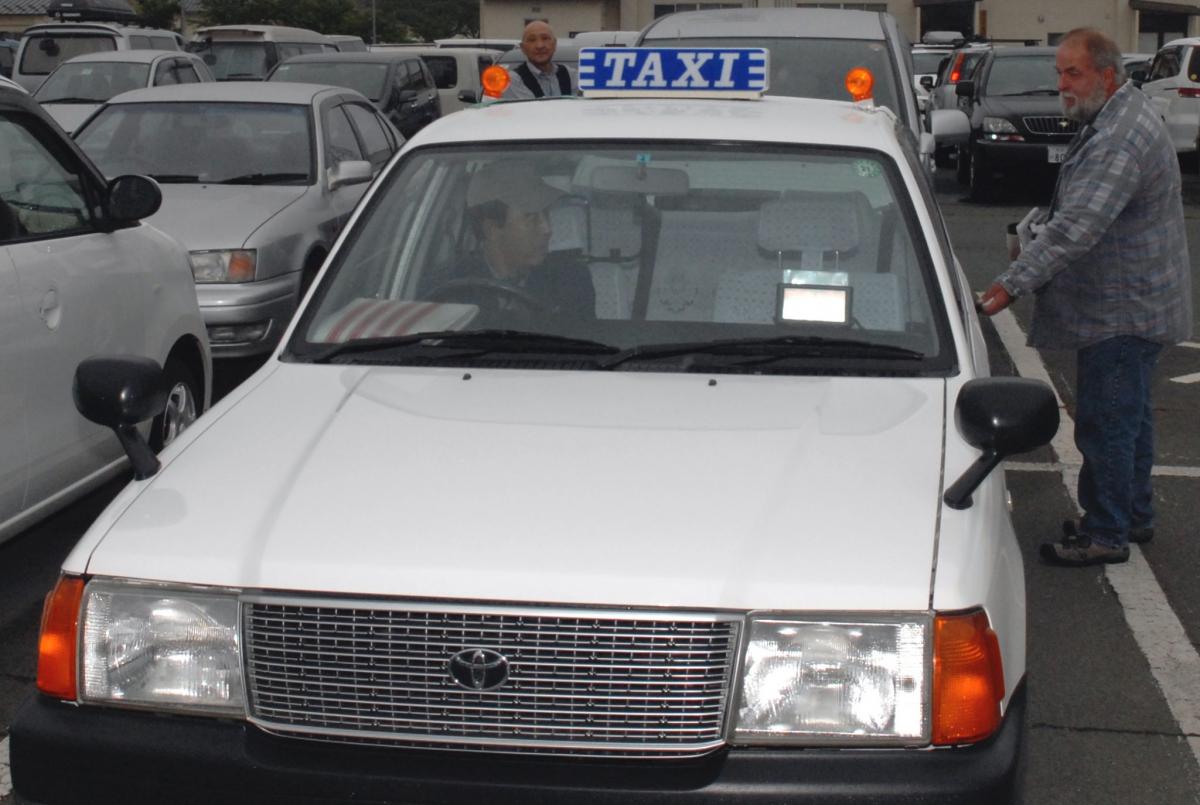


Long gone are the days we would have to call a taxi company in advance, arrange a time and a place with their depot manager and double check we had the cash to hand to pay the drive once we’d arrived. These days, a couple of minutes before you need a lift, you whip out your phone, tap through the Uber app in about 30 seconds and await the two or three notifications informing you who your driver is, what they’re arriving in and how long it will be before they get there. Ongoing discussions surrounding ethics aside for a moment – not that they aren’t highly important – it’s impossible to deny just how quickly and ruthlessly Uber has flooded the taxi market, using the convenience of technology to their advantage in devastating fashion. Numbers at taxi ranks are dwindling, and while in the past prospective drivers would have to purchase their vehicle through a known supplier like Cab Direct, these days it’s more than expected from them to just be operating their own personal car. There are, however, several firms already bidding to challenge Uber at their own game, experiencing varying degrees of success along the way. Autocab Collating local minicab firms and giving them an autonomous mobile platform from which to be ordered – in much the same fashion as you would an Uber –Autocab are aiming to be the local alternative to the multinational. Growing across the UK as more firms embrace the platform, they already claim to have over 1.5 million users on a daily basis. While they lack the brand recognition of Uber and don’t have the budget to compete where marketing is concerned, in theory, should enough local companies sign up to their service, they could offer coverage of a competing level. Through word of mouth and people’s desire to invest back in to their local companies and economy, Autocab could use their David vs Goliath status to their advantage long term. Lyft Although they’re yet to register in the UK – or even seek a private hire licence – Lyft are by far Uber’s largest competitors back in the US. Priced competitively and based on the same basic concept (anyone with a smartphone and a car can become a driver) it is often suggested that Lyft promote friendliness and accessibility far more than Uber, who are seen as a more business-minded alternative. Still smaller than Uber due their lack of high-level investors in comparison, Lyft don’t yet offer the worldwide coverage Uber can, and are even present in less of the United States than their more cash rich competitors are. However, given how much more highly their brand identity is thought of than Uber, and the potential for growth should they pursue an overseas expansion, this is a company well worth keeping your eyes on.